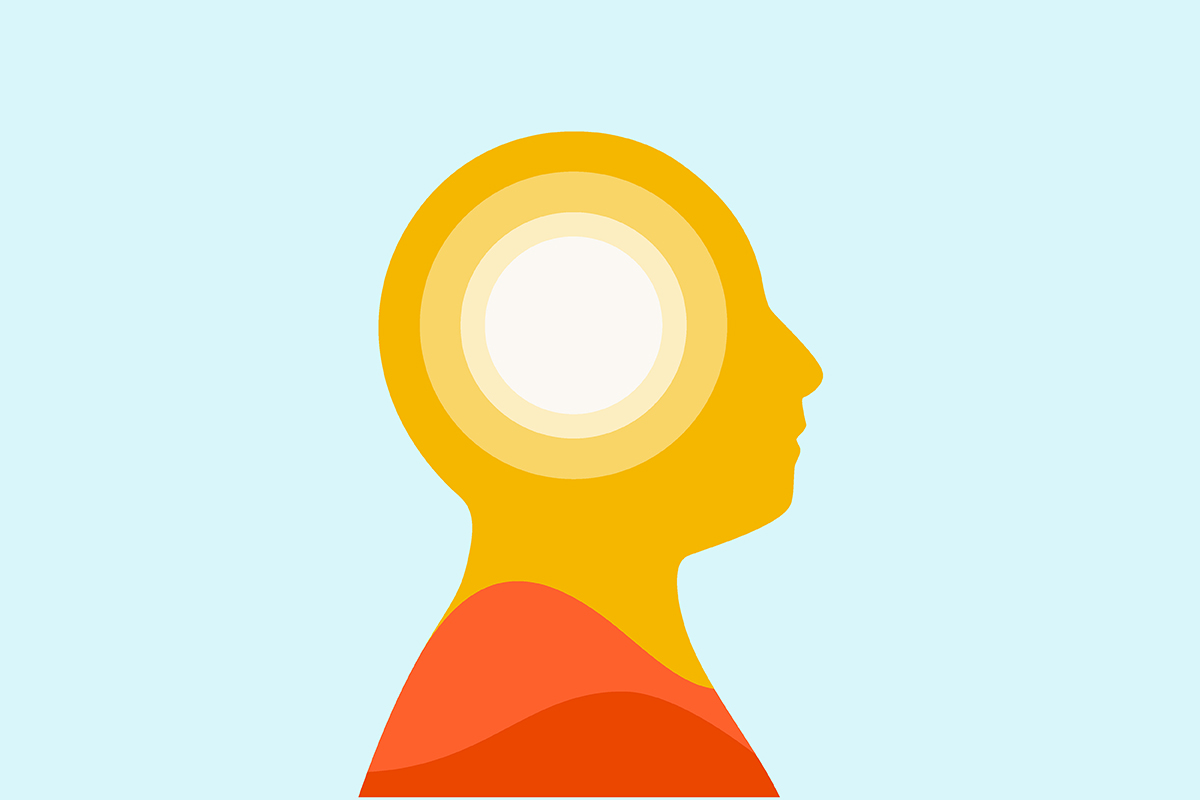
Work with a therapist through one of Refresh Mental Health’s centers, now offering virtual care and services at more than 300 places nationwide.

This condition doesn’t only affect kids. Adults can have it too, and it could help explain a lot. Here’s what to know.
Maybe you’ve been finding it hard to meet deadlines at work. Or you can’t pay attention during meetings.1
Maybe you’ve had these issues your whole life.
These are just a few of the symptoms of attention deficit hyperactivity disorder (ADHD).1,2 It’s a condition that can affect your attention span, activity level and behavior, and the way you act around others. And it’s a common disorder that’s often first discovered in children.
But some people might not find out they have it until they’re adults. That can come as a big relief.
“I think the relief comes from having a framework for understanding why some things may be challenging,” says Tori Cordiano, PhD. She is a licensed psychologist in Beachwood, Ohio. Knowing that they have ADHD can help a person understand why some things have always been so hard for them, she says.
When you’re living with ADHD, your brain can work differently. That can bring about challenges. But it also means you have a unique way of seeing the world.3
These are the “gifts” of ADHD, says Lara Honos-Webb, PhD. She is a licensed clinical psychologist in Walnut Creek, California. “People with ADHD often show a high degree of creativity,” she says. “They have the ability to think outside the box, come up with original ideas and see connections that others might miss.”
Here’s how to know if you may have ADHD as an adult, and why it took so long for you to get diagnosed. Plus, find out what your doctor can do to help your symptoms.
If you didn’t know you had ADHD as a child, there could be several reasons why, says Nekeshia Hammond, PsyD. She’s a licensed psychologist in Tampa Bay, Florida.
Here are some reasons that you might not have known you had ADHD until later in life.

Work with a therapist through one of Refresh Mental Health’s centers, now offering virtual care and services at more than 300 places nationwide.
Let’s say your therapist or another health care professional confirms that you have ADHD. How you feel about that news may vary from person to person, says Cordiano. Here are a few examples:
No matter what you feel, you’ll likely be thinking, “What now?” Read on to learn what you can do.
You’ll want to schedule a visit with your doctor or a mental health professional, such as a psychiatrist, says Cordiano. They can suggest treatment options. That might include a prescription medication to help with your symptoms.9
Talk therapy can also help. Your doctor can refer you to someone who specializes in ADHD.10 It’s key to work with someone who understands your condition, says Cordiano. They can help you set goals and stick to them.
Lifestyle changes may also help ease your symptoms, says Honos-Webb. She wrote a book called Six Super Skills for Executive Functioning: Tools to Help Teens Improve Focus, Stay Organized, and Reach Their Goals. In it, she discusses research-backed strategies, which can work for people of any age, including:
Finding out you have ADHD as an adult can bring up a range of emotions. You can now explore treatments for it. And you can learn to embrace the ways it makes you unique.
Finally knowing more about yourself might feel freeing. It can help you make sense of so much about your past. And that’s the first step to building a productive future.
Sources
© 2024 Optum, Inc. All rights reserved. Do not reproduce, transmit or modify any information or content on this website in any form or by any means without the express written permission of Optum.
The information featured in this site is general in nature. The site provides health information designed to complement your personal health management. It does not provide medical advice or health services and is not meant to replace professional advice or imply coverage of specific clinical services or products. The inclusion of links to other web sites does not imply any endorsement of the material on such websites.
Optum does not recommend or endorse any treatment or medications, specific or otherwise. The information provided is for educational purposes only and is not meant to provide medical advice or otherwise replace professional advice. Consult with your clinician, physician or mental health care provider for specific health care needs, treatment or medications. Certain treatments may not be included in your insurance benefits. Check your health plan regarding your coverage of services.
If you or someone you know is in crisis— seek safety and get help right away. If you or someone you know is in immediate danger, call 911 or go to the closest emergency room.
To reach a trained crisis counselor, call the 988 Suicide & Crisis Lifeline (previously known as the National Suicide Prevention Lifeline) at 988 or 1-800-273-TALK (1-800-273-8255). You may also text 988 or chat at 988lifeline.org. The lifeline provides 24/7 free and confidential support.
Stock photo. Posed by model.